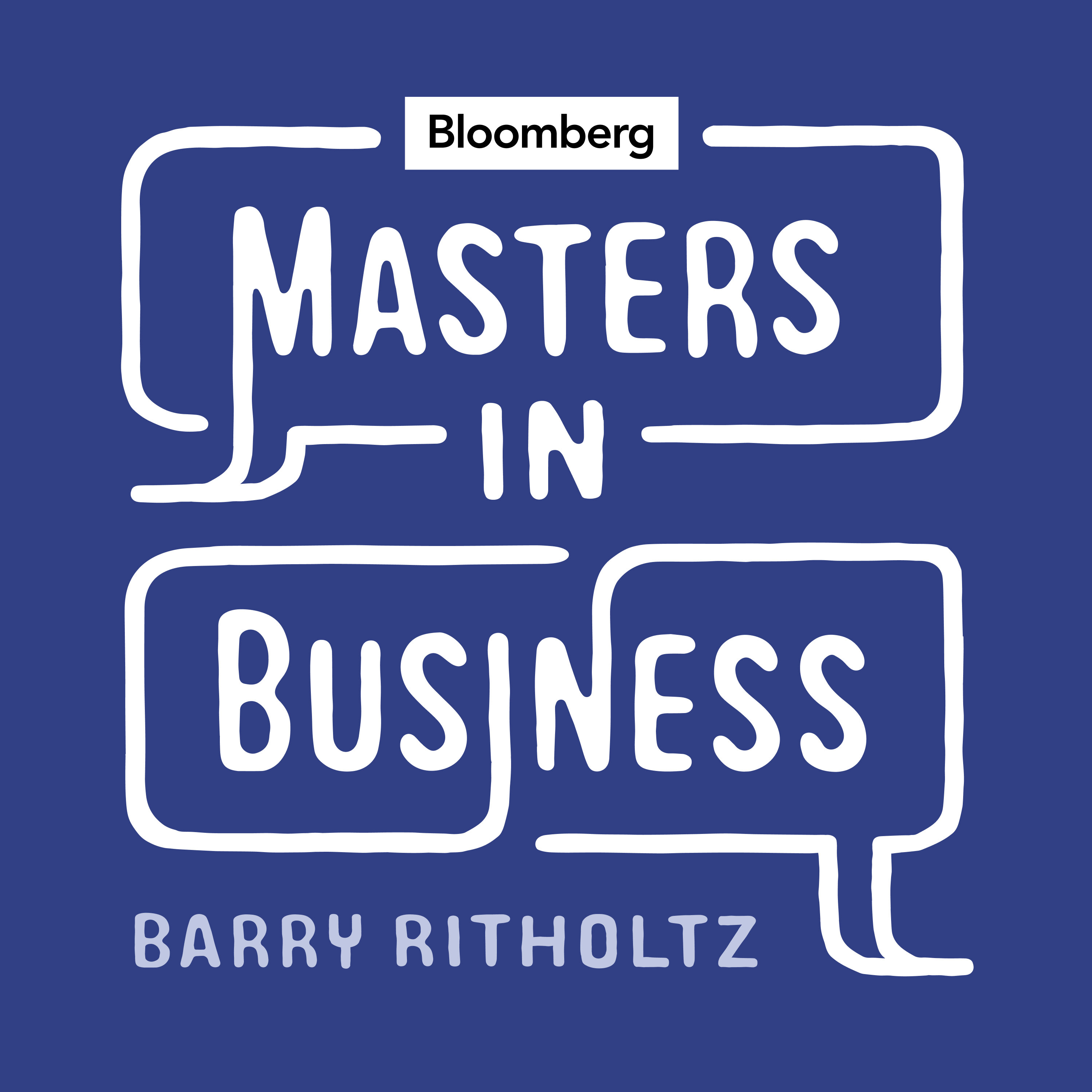
From Biotech to Asset Management with Sunaina Sinha

Masters in Business
Deep Dive
Why did Sunaina Sinha transition from biotech to asset management?
Sunaina initially pursued a career in biotech after earning a master's in chemical engineering from Stanford. However, after working with small and medium-sized biotech companies, she realized the biotech vertical wasn't her long-term passion. This led her to pursue an MBA at Harvard, which opened the door to asset management.
What influenced Sunaina Sinha's decision to start Cebile Capital?
Sunaina started Cebile Capital in 2011 because she saw significant capital inflows into private markets and believed in the potential of private equity. She had a strong conviction in her ability to raise capital effectively and wanted to build a business that could capitalize on this trend. Her entrepreneurial spirit and early success in capital raising gave her the confidence to take the risk.
How does Sunaina Sinha describe the differences between angel investing and private equity?
Sunaina explains that angel investing focuses on early-stage companies, often betting on the founder and an innovative idea with no established market. In contrast, private equity involves taking an existing company and scaling it up. She emphasizes that the skills required for growing a business from zero to 10 in revenue are different from scaling it from 10 to 100 or beyond.
What role does Sunaina Sinha play at Stanford's Institute for Economic Policy and Research?
Sunaina serves on the advisory board of the Stanford Institute for Economic Policy and Research (SIEPR), where she contributes to discussions on global economic issues. She highlights research on topics like flexible work policies and labor force participation, which influence her understanding of macro trends and their impact on private equity.
How has the private equity industry evolved in terms of accessibility for individual investors?
Over the past decade, private equity has become more accessible to individual investors, with minimum investment requirements dropping significantly. This democratization has been driven by the creation of parallel funds by major private equity firms, allowing high-net-worth individuals to participate with smaller amounts of capital. This trend is global, with Europe and Asia also seeing increased interest from private wealth investors.
What challenges does Sunaina Sinha identify for the private equity industry in 2024?
Sunaina points out that the private equity industry is still recovering from a slowdown in exit activity in 2022 and 2023, driven by macroeconomic challenges like inflation and geopolitical tensions. Institutional investors are receiving less cash back from their private equity portfolios, which has led to reduced allocations. The industry needs to increase exit activity and return more capital to investors to regain their confidence.
What tailwinds does Sunaina Sinha see for the private equity industry?
Sunaina highlights several positive trends for private equity, including the increasing preference of companies to remain private due to the benefits of private equity ownership, such as access to resources and capital. She also notes the valuation arbitrage between U.S. and European markets and the growing influx of capital from private wealth investors, which she believes will continue to drive industry growth.
How did Sunaina Sinha's transition to Raymond James impact her business?
After Raymond James acquired Cebile Capital, Sunaina's business gained immediate credibility and access to larger clients. The acquisition allowed her team to work with some of the largest private equity funds globally and leverage Raymond James' extensive private wealth network. The cultural fit and entrepreneurial DNA of Cebile Capital were preserved, making the transition successful.
What advice does Sunaina Sinha give to recent college graduates interested in finance?
Sunaina advises young professionals to play the long game in finance, emphasizing the importance of building long-term relationships rather than seeking short-term wins. She stresses that the finance industry is highly interconnected, and cultivating meaningful connections over a 10 to 20-year career is crucial for success.
What does Sunaina Sinha wish she knew about private equity 20 years ago?
Sunaina wishes she had known how rapidly and dramatically the private equity market would evolve. She notes that the industry has grown far beyond what anyone could have imagined, with trillions of dollars in assets and a booming secondary market. She emphasizes the importance of being adaptable and prepared for unexpected growth and change in the industry.
- Initial career goal: Biotech industry
- Transition to asset management after MBA
- Key skills: capital raising, macro market understanding
Shownotes Transcript
Barry speaks with Sunaina Sinha, Global Head of Private Capital Advisory at Raymond James. Prior to joining Raymond James, Sunaina founded Cebile Capital, which was acquired by Raymond James in 2021. She was named one of the 50 Most Influential People in Private Equity for 2 years in a row by Dow Jones Private Equity News. She also earned a spot as one of the Twenty Trailblazing Women in Private Equity in 2023. Additionally, Sunaina serves as Chairman of the Board of Directors of SFC Energy AG and on the boards of the Stanford Institution for Economic Policy Research and the Stanford LEAD Council.
See omnystudio.com/listener) for privacy information.